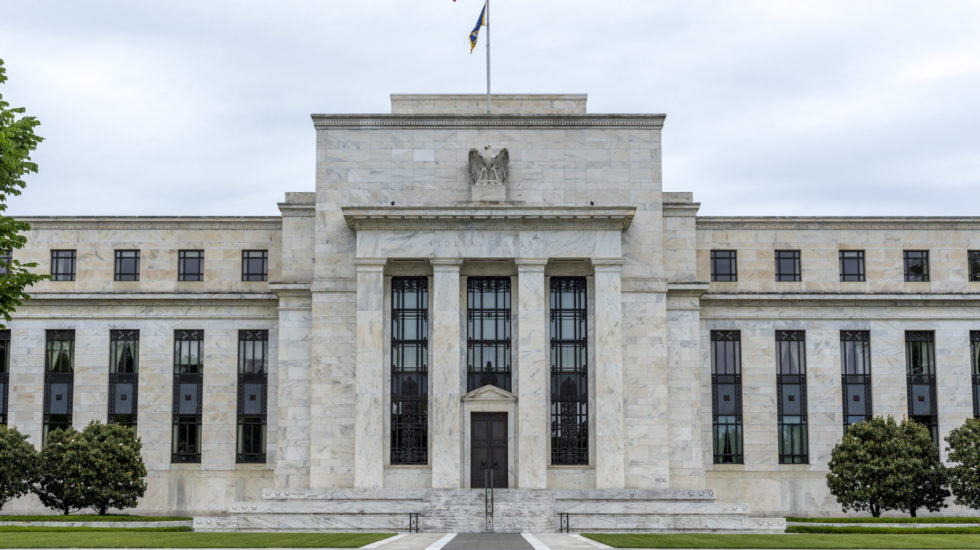The last four chairs of the Federal Reserve took to the pages of the Wall Street Journal on Tuesday, defending the central bank’s independence from political manipulation.
In a short, separate article, the Journal described the opinion piece as “an implicit rebuttal to President Trump’s repeated criticism of the institution,” although the writers did not use Trump’s name.
The op-ed article was signed by former Fed chairs Ben Bernanke, Alan Greenspan, Paul Volcker and Janet Yellen.
“History, both here and abroad, has shown repeatedly … that an economy is strongest and functions best when the central bank acts independently of short-term political pressures and relies solely on sound economic principles and data,” they wrote.
Noting that there are many examples “of political leaders calling for the central bank to implement a monetary policy that provides a short-term boost to the economy around election time,” the former officials wrote. But, they said, threats to cut short a Fed chair’s term “can lead to unstable financial markets and worse economic outcomes.”
The seven members of the Federal Reserve Board of Governors are appointed to 14-year terms, with the possibility of serving multiple 4-year terms as chair.
Congress created the Fed as an independent agency in 1913 following a series of financial crises, setting three central objectives for U.S. monetary policy: maximizing employment, stabilizing prices, and moderating long-term interest rates.
“Trump and his staffers, including National Economic Council Director Larry Kudlow, have broken past precedent by repeatedly criticizing both the Fed and Chairman Jerome Powell, by name,” says MarketWatch. “The White House reportedly looked at options for removing or demoting Powell. [But] Kudlow in June said the White House wasn’t ‘currently’ looking to do so.”
The four former Fed chiefs conclude with these words:
“Elections have consequences. That certainly applies to the Federal Reserve as well as to other government agencies. When the current chair’s … term ends, the president will have the opportunity to reappoint him or choose someone new” who must be confirmed by the Senate.
“We hope that when that decision is made, the choice will be based on the prospective nominee’s competence and integrity, not on political allegiance or activism. It is critical to preserve the Federal Reserve’s ability to make decisions based on the best interests of the nation, not the interests of a small group of politicians.”
